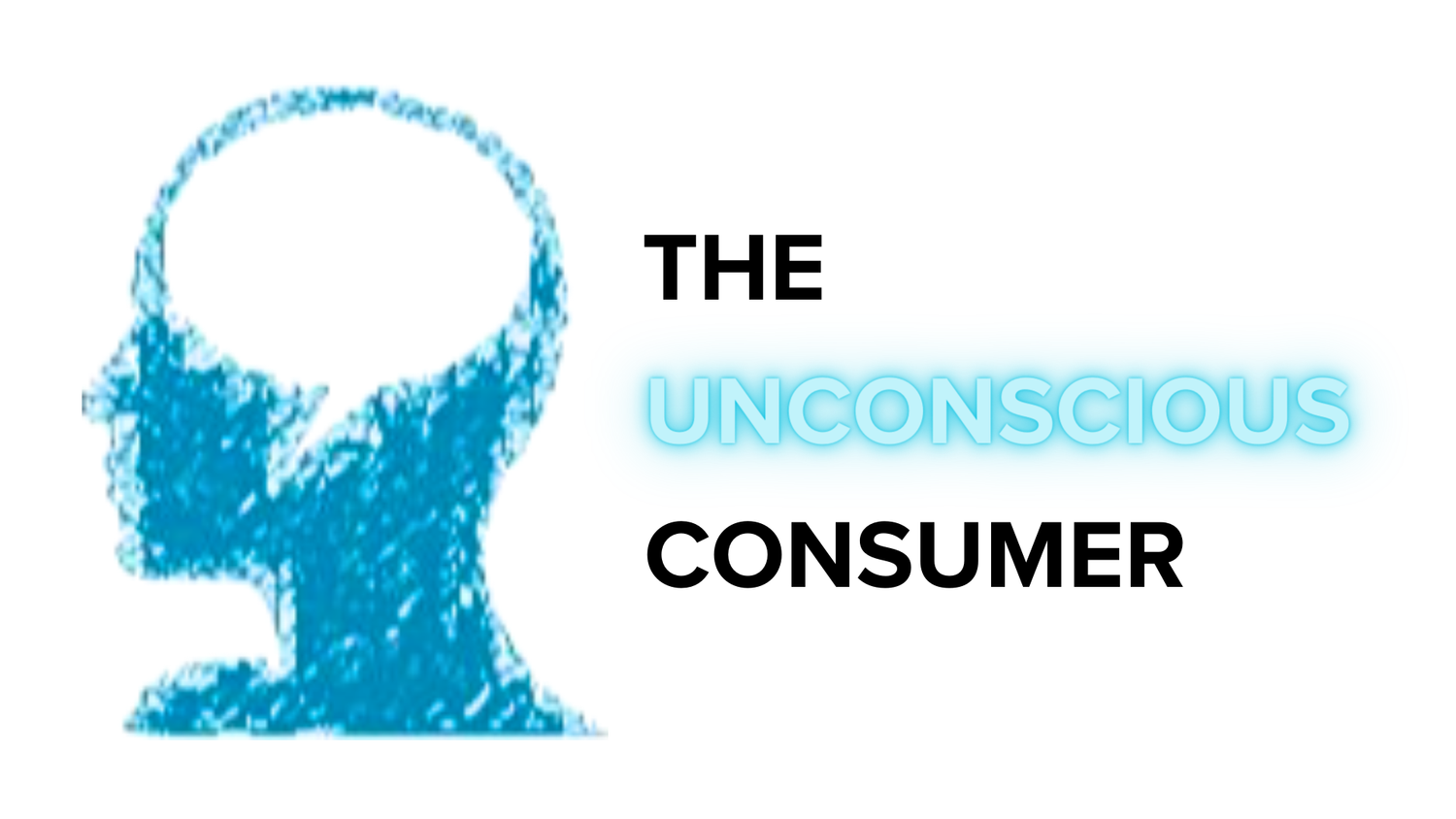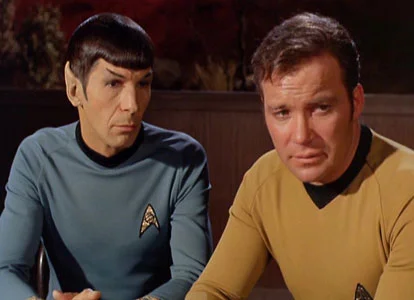Rationalizing Post-Hoc Rationalization
"The heart has its reasons, of which reason knows nothing"
- Blaise Pascal
It is comforting to think that we know how we think and understand how we come to the decisions we make. We are very good at rationalizing our decisions to ourselves, especially when the decisions we are making is a big one. But what if there are forces completely unbeknownst to us that deftly guiding each decision we make? This sounds like some kind of Jedi mind trick, but it is not magical sleight of mind. The fact of the matter is that we often fool ourselves into thinking that we know how we think. In reality, when we introspect on our choices after the fact, we are often left to rationalize our decisions in a way that is completely different from the actual thought process that led us to our choice.
Regretting our rationalizations
Psychologist Timothy Wilson and colleagues lifted the veil of introspection in a study on the most subjective decision we can make - art. In the study, one group of people were asked to evaluate two pieces of art before choosing which one they wanted to take home with them, while another group of people were asked to simply pick which piece of art they liked the best. The group of people that had to explain their reasoning inevitably came up with a story they through best fit their criteria for determining the type of art the like. However, when the researchers asked both groups how satisfied they were with their choice 3 weeks later, they found that those that had to rationalize their decision were unsatisfied with their choice, and grew to regret their decision.
Introspection leads to storytelling
Why would we be unhappy with the decisions that we rationalized and mulled over? Research on the issue of post-hoc rationalization argues the opposite for one key reason – we don’t understand how we make our decisions. That is not to say we make poor decisions, but that there are factors that influence our decision that fall under our introspection radar. Since our introspection is unable to identify the root causes of our decisions, we are led to invent our own reasons to explain our decisions. Our own reasons feel so convincing to us because we are very good storytellers…and a good story always beats out a true story.
Verbalizing our rationalizations
Why do we rationalize our decisions? Part of the reason has to do with it being easier to rationalize what we can verbalize. Intrinsic factors that influence our decision-making can be difficult to verbalize because we don’t fully appreciate how those factors influence our thinking. In other words, it is hard to admit that something could impact our decision making if we can’t even explain it to ourselves.
Getting to the bottom of consumer’s decision-making
Surprisingly, marketers haven’t really picked up on these intrinsic factors as the motivating forces behind consumer decision-making, despite the profound success of the brands that have proven to be the exception (ahem, Apple, ahem).
Take the automotive industry for example. Auto manufacturers are focused on the rational drivers that influence their consumer’s decision process. They routinely invest in consumer research where they ask consumers questions such as: Why they bought the car they did? What were the reasons why they didn’t buy a car they were considering? What are the most important factors that influenced their purchase decision?
On the surface that line of questioning seems completely appropriate to get at the cause of their decision, but the main fault with those questions is that they rely completely on consumer’s introspection. What is completely left out of the equation is the visceral reaction consumers experience when they are making their decision. The trick is to understand what is contributing to a consumer’s decision-making without the need to ask them directly.
Want to share your thoughts? Feel free to share them in the comments section below or on social media.


